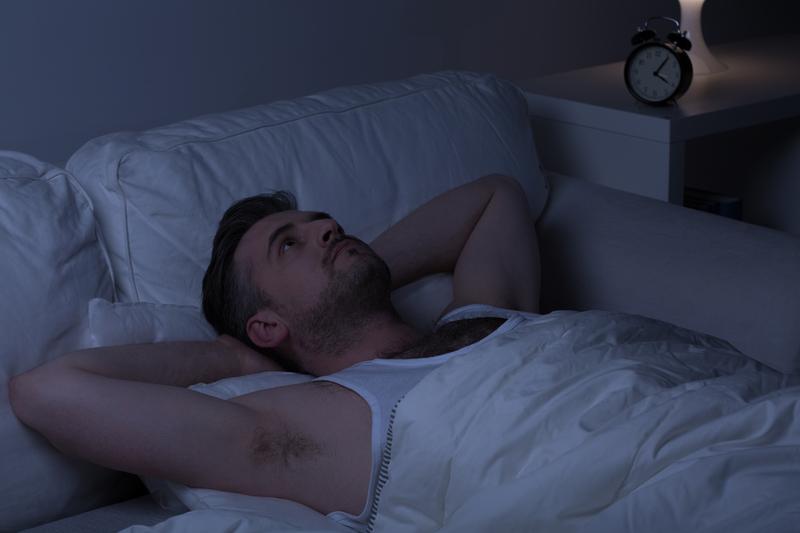
What’s Disrupting My Sleep?
There are many factors that have a direct impact on your health and overall quality of life. Many people think of diet and exercise habits when talking about improving health. Perhaps less commonly considered, but no less important for it, is how you sleep at night. Sleep is very much intertwined with physical and mental health. Unfortunately for many people, quality sleep is rather elusive. Here's a closer look at some things that could be disrupting your sleep.
Depression and Anxiety
Mental disorders and poor sleep often go hand in hand, and depression and anxiety are no exception. Unfortunately, these problems have a tendency to be cyclical in nature. They can become so disruptive to sleep that depression and anxiety can cause insomnia. The reverse is also true. The lack of sleep brought on by insomnia can cause or worsen depression and anxiety, especially as the ability to function on a day to day basis becomes impeded. Those suffering from these disorders may find regular exercise, a healthy diet, and self care helpful in reducing anxiety and depression, which may have a positive impact on sleep. Try self care activities such as massage, meditation, or other relaxing activities.
Electromagnetic Fields
Electromagnetic fields are fields that are created by moving electrical charges. As it turns out, we're virtually surrounded by devices that emit EMFs. Microwaves, bluetooth devices, power lines, WiFi routers, computers, and phones all emit EMFs. EMF emitters can disrupt your sleep even when your body feels tired. Computers and phones are among the most common culprits. These devices emit a blue light that can interfere with your body's natural ability to secrete melatonin, which plays a key role in how you sleep. To counteract these effects, limit your exposure to blue light two to three hours before going to bed. Try wearing glasses that block blue light, adjusting display settings, or avoiding using the devices altogether.
Sleep Apnea
Sleep apnea is a sleeping disorder that affects a little over one-third of adults. It causes people to stop breathing while they are sleeping, which, in addition to being incredibly dangerous, prevents deep, restorative sleep. If you suffer from sleep apnea, it's important to take action quickly. Many people use a CPAP machine while they sleep. Lifestyle changes, such as losing weight, may also be helpful in reducing sleep apnea.
If you have trouble sleeping, there are a variety of factors that could be responsible for it. Depression and anxiety, devices that emit electromagnetic fields, and sleep apnea can all contribute to difficulties sleeping. In a majority sense, these issues aren't ones that will resolve themselves on their own. Take action now to resolve them and get back to sleeping soundly at night.
Read this next: 3 Decorating Tricks to Reduce Allergies



Leave a comment